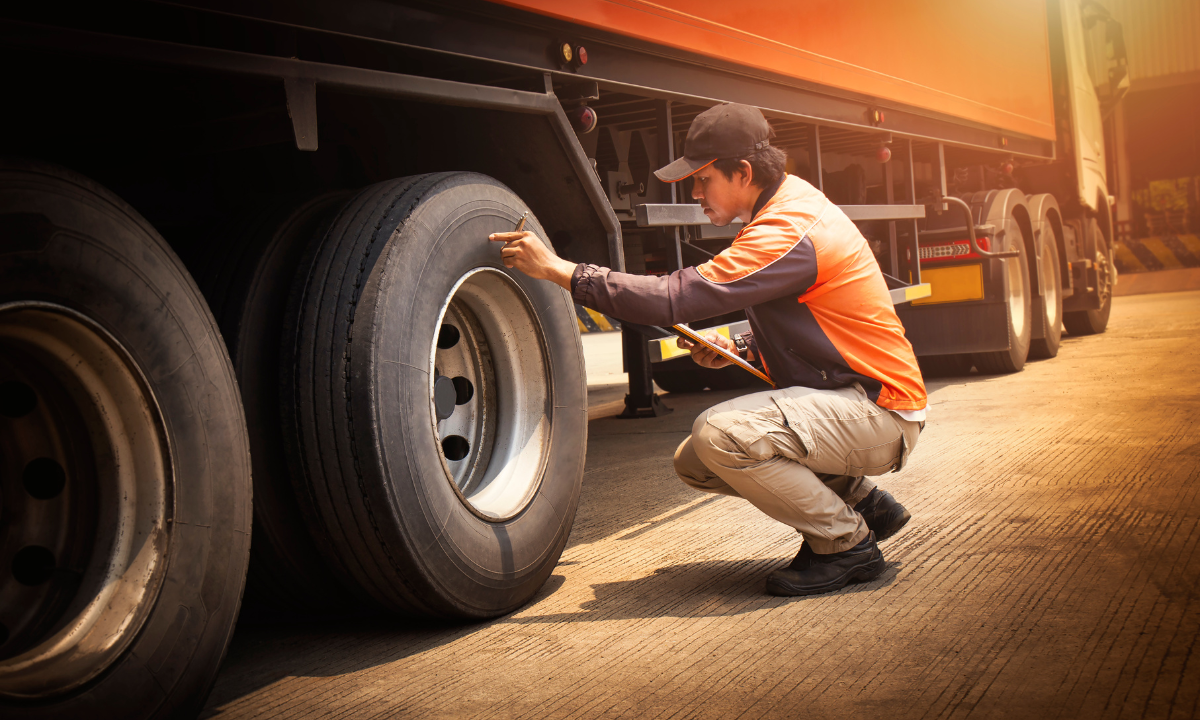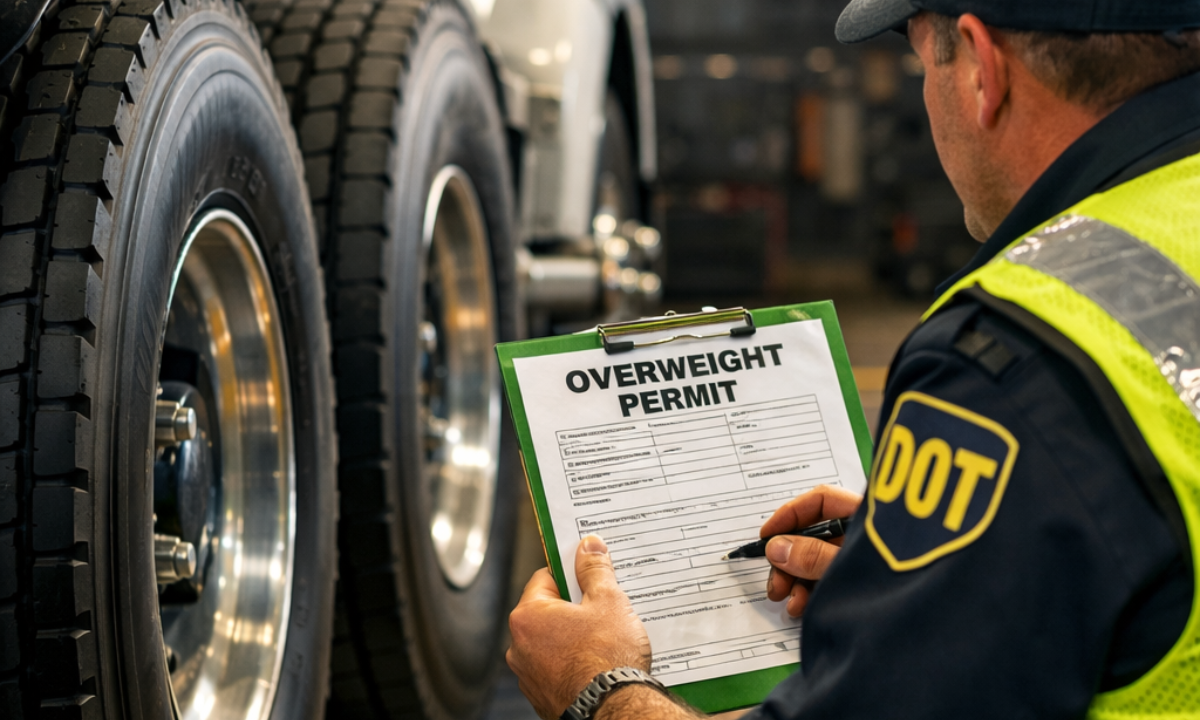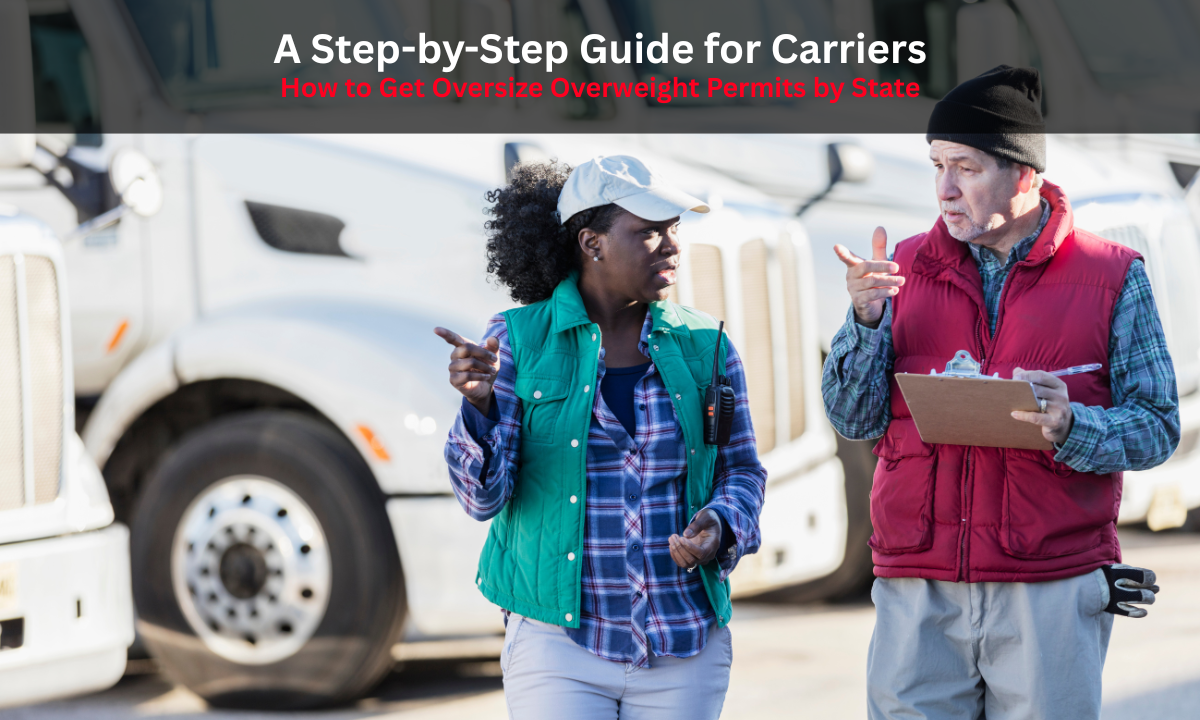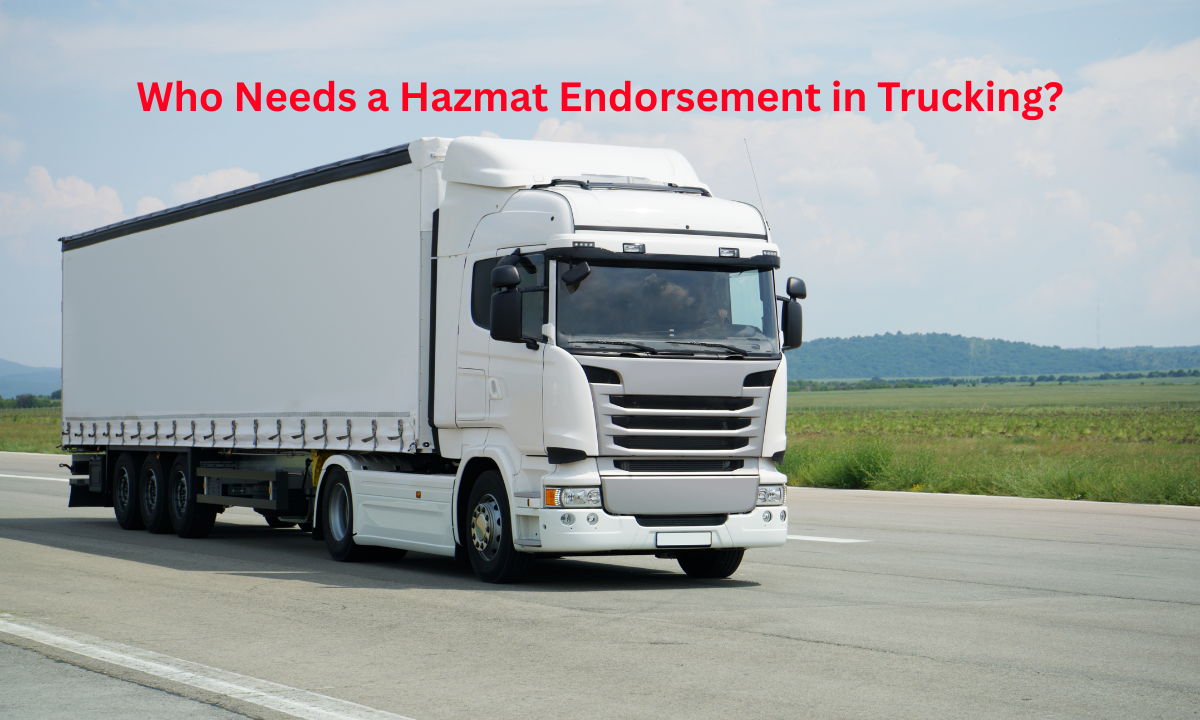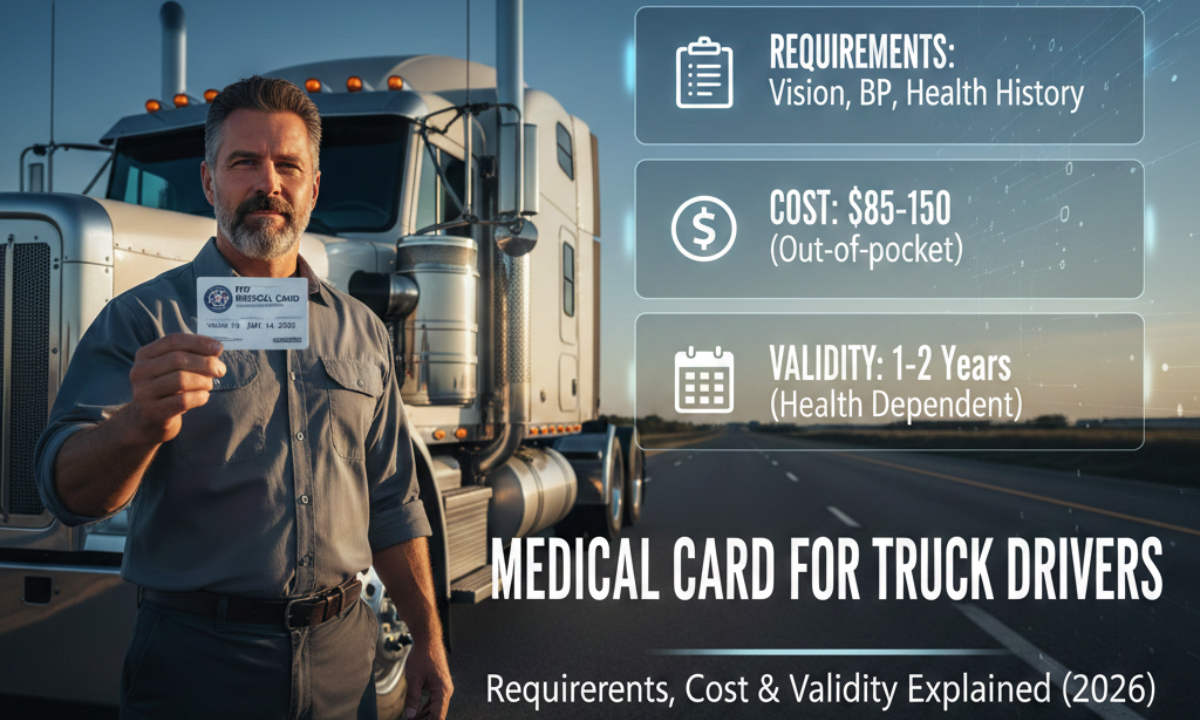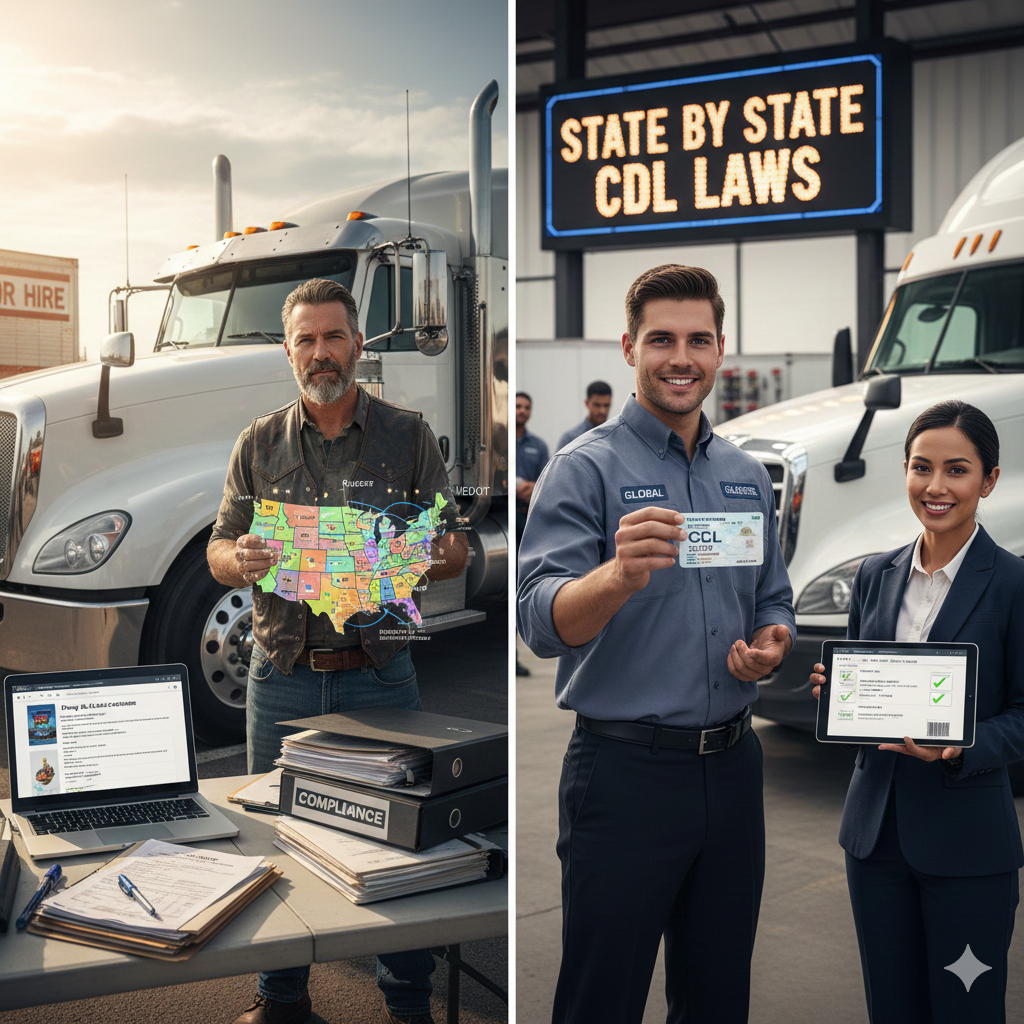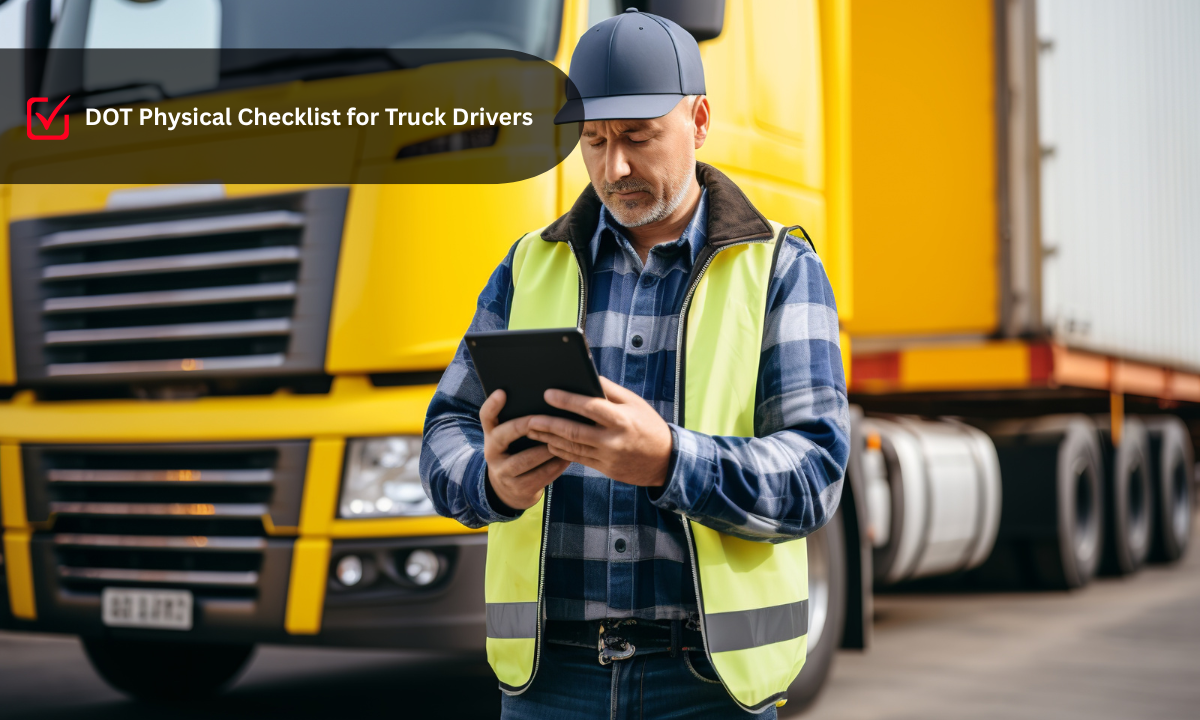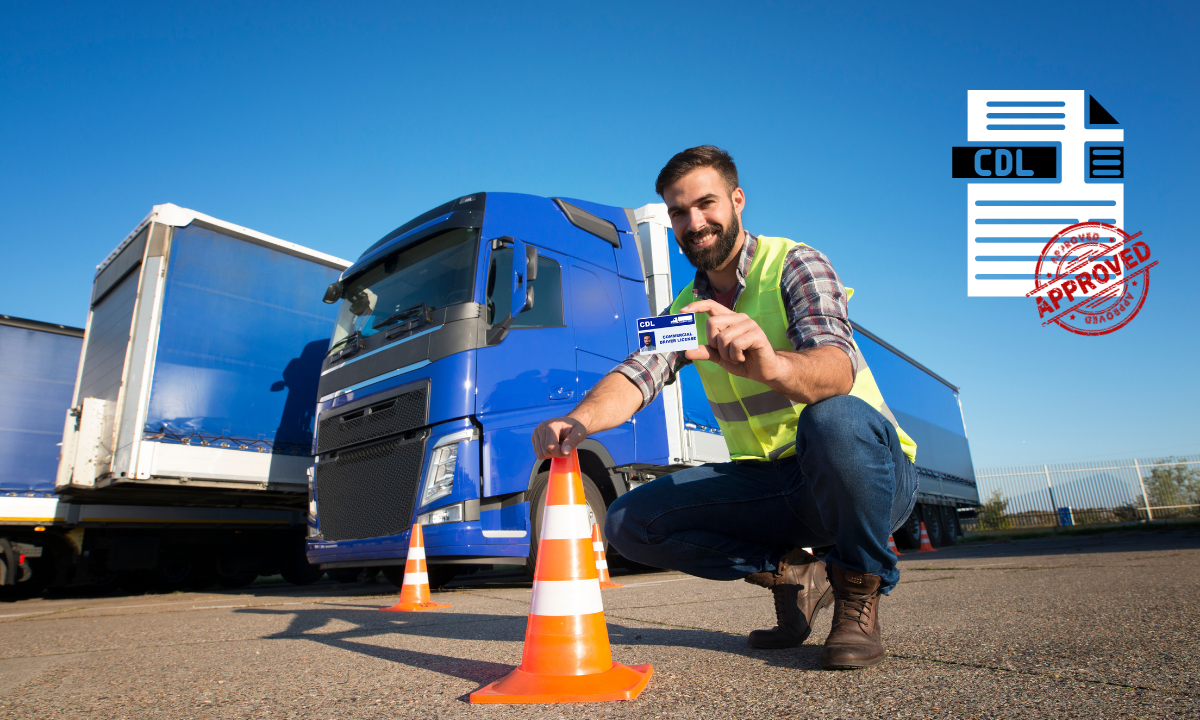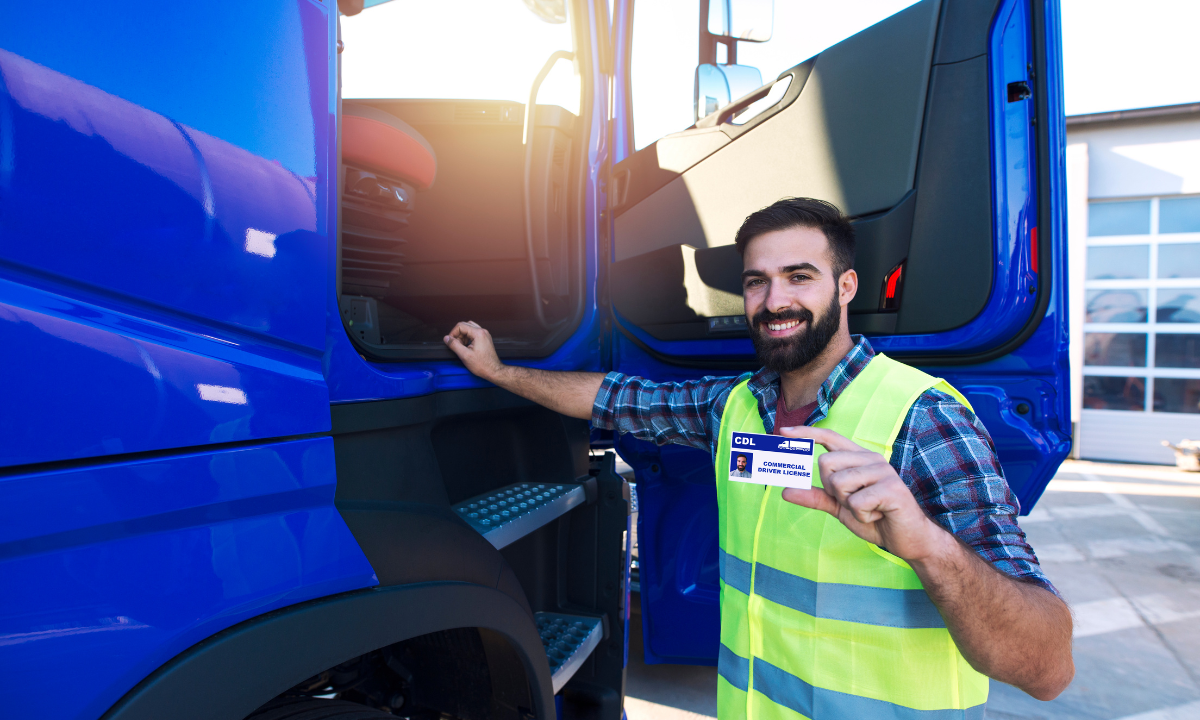Beyond the Highway: Finding Community as a Truck Driver
Beyond the Highway: Creating Community as a Truck Driver
Truck driving is, by and large, a solo occupation—endless highway miles, shifting scenery, and brief rest stops. But in this hyper-connected digital world, creating community as a truck driver is not only achievable but necessary for mental health, peer support, and career development. This book examines how to remain connected, limit isolation, and create a sense of belonging, regardless of route.
The Mental Health Consequences of Trucking Isolation
Extended driving time can result in chronic isolation, mental exhaustion, and emotional burnout. Without the benefit of regular social interaction, truck drivers are more likely to develop depression and anxiety. Developing a community can serve as a buffer, providing emotional support and diminishing the psychological burden of isolation.
Connecting through Technology
The shift to online platforms has revolutionized the way truckers are connected. Following are some ways in which drivers build communities online:
- Online truck driver forums such as TruckersReport or CDLLife facilitate sharing of knowledge and anecdote exchange.
- Facebook and Reddit social media groups provide online hangouts for regional or interest-based trucking communities.
- Trucking smartphone apps such as Trucker Path and Convoy provide not only navigation and job postings but peer engagement capabilities.
These devices are important for keeping relationships going, particularly on long hauls.
In-Person Opportunities: Stops That Strengthen Bonds
Although electronic communication is strong, in-person communication is irreplaceable. Truck drivers can connect with each other in:
- Truck stops that have lounges and regular events.
- Trucker get-togethers at rest stops, delivery terminals, or through CB radio clubs.
- Industry shows and driving school reunions.
These events assist in developing in-the-flesh support systems, particularly for long-haul and OTR drivers.
Developing Peer Support Systems on the Highway
Numerous experienced drivers establish informal mentor-mentee relationships to support new truckers with industry issues. Peer support groups tend to exchange:
- Most efficient routes and weather information
- Safety and maintenance advice
- Trucker financial planning
These types of support systems foster professional growth and create driver solidarity.
Capitalizing on Union and Fleet Community Resources
Truck firms and drivers’ unions tend to provide community-based resources like:
- Counseling hotlines
- Emergency contact networks
- Driver stories in newsletters
Fleet-sponsored programs usually create a feeling of belonging within the organization, enhancing morale and retention.
Remaining Connected to Family During Travel
Being in touch with family members is critical to one’s mental well-being. Truckers commonly employ:
- Video calls and messaging voice apps
- Shared electronic calendars to plan visits
- Photo and diary-sharing sites to remain emotionally connected
Being in touch with loved ones reduces stress and keeps one motivated on the move.
The Place of Faith, Culture, and Lifestyle in Relation
A few truckers connect through shared values such as:
- Faith trucker ministries
- Cultural or language-based trucking groups
- Vegan, fitness, or spiritual trucker groups
Aligning lifestyle interests helps forge stronger bonds beyond work.
Truck Driving Doesn’t Have to Mean Being Alone
Despite the solitary nature of the job, truck drivers today have abundant opportunities to form meaningful social connections. Whether through digital platforms, peer networks, truck stops, or family communication, it’s entirely possible to cultivate a supportive trucking community that enhances both life and career.


